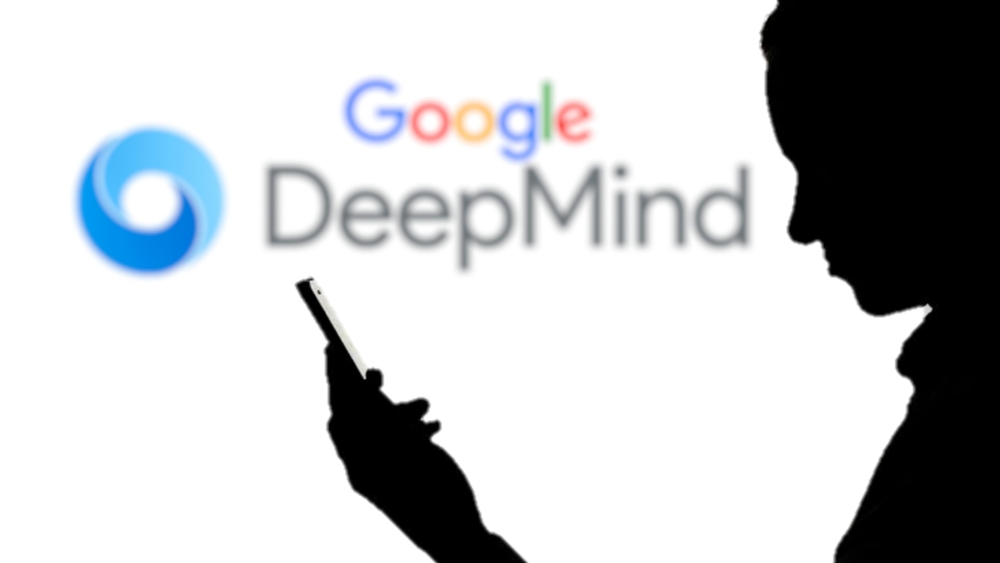In the realm of generative AI, Google finds itself immersed in intense competition, seeking ways to enhance its research’s efficacy. Over the past months, Google has merged its London-based DeepMind research lab with Brain, an AI research project based in Silicon Valley. Now, the combined Google DeepMind team is venturing into pioneering tools that could transform generative AI into a multifaceted personal trainer.
Diverse Applications of Generative AI
Google DeepMind’s ambitious testing encompasses over 21 categories of tasks, both personal and professional. These include offering life advice, conceptual brainstorming, planning assistance, and knowledge acquisition. Working with Scale AI, Google DeepMind has engaged more than 100 experts across various fields for focused test groups, many of whom hold doctoral degrees.

Empowering User Experiences
One notable feature of this generative AI is its capacity to provide suggestions and recommendations tailored to diverse situations. This AI can impart new skills, enhance existing ones, facilitate strategic planning such as budgeting, and even propose customized nutrition and training plans.
AI’s Expansive Work Landscape
Beyond personal applications, Google DeepMind is exploring AI’s potential across multiple domains, including scientific research, creative writing, professional content creation, and pattern recognition. These tools extend to critiquing arguments, optimizing algorithms, graph interpretation, generating quizzes, puzzles, and even engaging in activities like playing football.
Journalistic Innovation with AI
Google is also actively testing an AI-based journalist assistant named Genesis. This software can craft news articles, rephrase content, and suggest compelling headlines. Notably, Google pitched Genesis to prominent media outlets such as The Times, The Washington Post, and News Corp, demonstrating its potential for reshaping journalism.
Navigating Sensitive Territories
As part of testing, participants gauge the AI’s ability to address intimate and challenging life situations. For instance, an AI chatbot was prompted to provide advice when an individual was invited to a distant friend’s wedding while facing unemployment and uncertainty.
Balancing Promise and Concerns
While Google’s strides in generative AI are impressive, concerns persist. Security experts warn of potential risks to users’ well-being and autonomy, cautioning against relying too heavily on AI-generated life advice. Economic concerns also arise, suggesting generative AI could impact creative professions negatively.
Future Prospects and Caution
The current testing phase marks Google’s earnest commitment to AI leadership. However, the company remains cautious, demonstrated by the potential for limiting functionality based on experiences, as seen with the Bard chatbot launch, notes NIXsolutions.
A spokesperson for Google DeepMind emphasizes the ongoing evaluation of research, recognizing the significance of fostering safe and beneficial technologies. Individual evaluations contribute to shaping the product roadmap.
